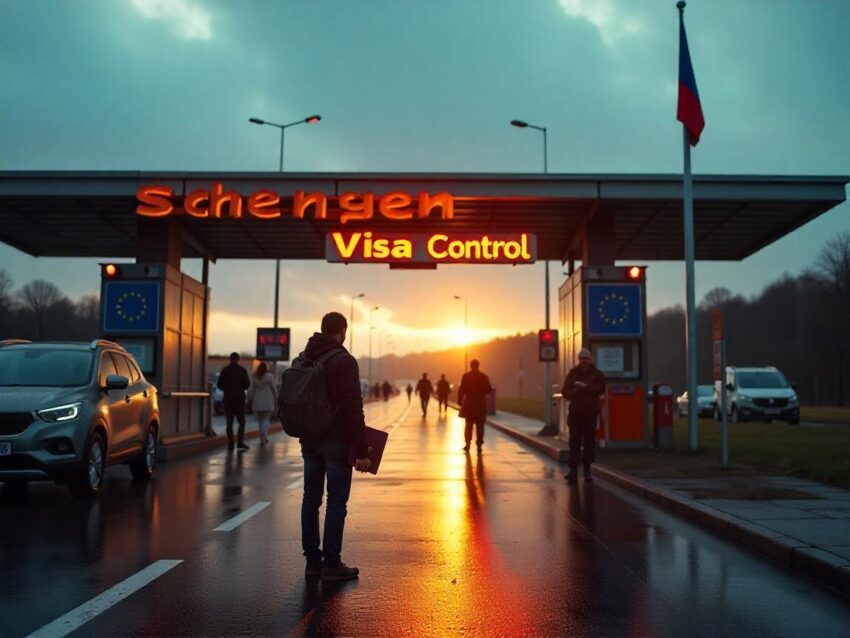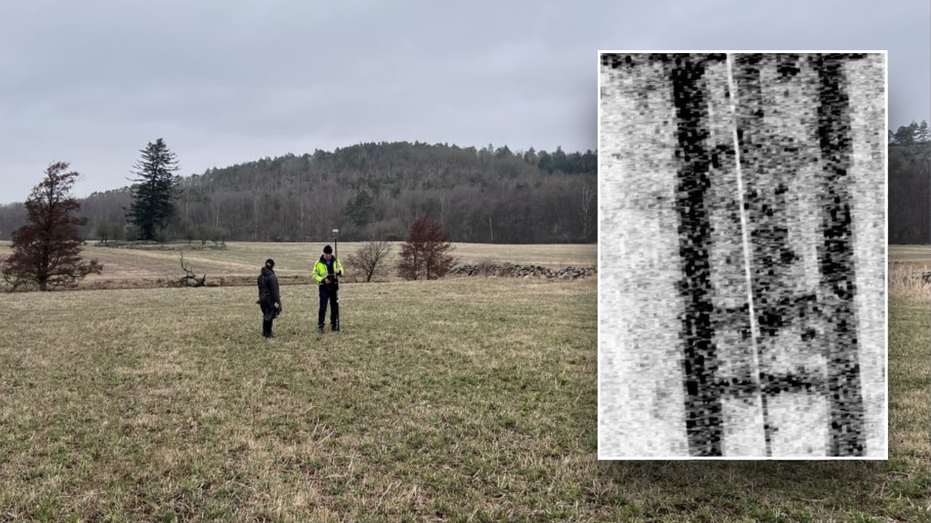- by foxnews
- 02 Jun 2025
European Country Latvia Joins with Estonia, Lithuania, Poland, Finland, Czech Republic, Norway in Demanding Full EU Schengen Visa Ban for Russian Tourists as Security Fears Intensifies, Why This is Happening
European country Latvia is turning up the heat. Latvia now joins Estonia, Lithuania, Poland, Finland, Czech Republic, and Norway in a bold move—demanding a full EU Schengen visa ban for Russian tourists. As security fears intensify across Europe, this joint stand raises urgent questions. Why now? What’s fueling this sweeping shift? Latvia’s firm stance signals growing unease, not just nationally but continent-wide. These European countries are aligning with caution. Tensions are mounting. Decisions are accelerating. And the pressure on EU policymakers is unmistakable. This is more than diplomacy—it’s a warning shot. What happens next could reshape Europe’s travel future.
- by travelandtourworld
- 30 May 2025
- in travel

Latvia's warning is far from symbolic. Neighboring nations such as Estonia, Lithuania, Poland, Finland, and the Czech Republic have already enacted strict bans on tourist visas for Russians. Norway, while not a member of the EU but sharing a land border with Russia, has also joined this collective action by closing its borders to Russian tourists and other non-essential travelers.
The stakes are high. According to the Schengen Barometer tracker, over 500,000 Schengen visa applications were submitted by Russian nationals, despite mounting EU sanctions. Italy emerged as the top destination, attracting the highest number of applications. This surge in travel interest is now being viewed through a security lens rather than merely a tourism metric.
Latvia's position underscores a growing narrative across Eastern and Northern Europe: that Russian tourists pose not just a diplomatic dilemma but a direct internal security threat. The call for an EU-wide ban is not just about aligning moral or political principles. It's about fortifying Europe's borders at a time when the region is perceived to be under hybrid threats.
More importantly, the demand from Latvia aligns with broader warnings issued by its interior ministry. Latvian officials have repeatedly emphasized the urgent need to recognize and respond to Russia's hybrid warfare tactics. This includes disinformation, cyber attacks, and now, potentially, tourism movements that could be exploited for espionage or destabilization.
The implications for the travel and tourism industry are profound. An EU-wide Schengen visa ban for Russian citizens would significantly shrink the bloc's international tourism revenue, particularly in countries like Italy, France, and Germany that are typically favored by Russian travelers. Airlines, hospitality providers, and luxury retailers would also feel the impact.
However, several EU member states remain divided on the issue. While border-sharing nations push for strict enforcement, others have taken a more cautious approach, wary of completely closing off a once-lucrative market. The debate now centers on whether safety and solidarity outweigh short-term economic interests.
Meanwhile, tourism authorities across Europe are bracing for potential aftershocks. Travel agencies may face mass cancellations or declining bookings from Russian clients. National visa centers, already overwhelmed, could see a sharp pivot in policy, triggering confusion and legal challenges from travelers and advocacy groups alike.
Moreover, this heightened scrutiny is likely to increase pressure on platforms facilitating cross-border travel. Visa intermediaries and online booking services may need to update their systems to reflect fast-changing regulations, particularly as Latvia continues to press the EU for unanimous enforcement.
The coming weeks are expected to be pivotal. The European Commission may be forced to address the issue formally, especially if Latvia garners further support from other frontline states. The travel industry, meanwhile, watches closely, aware that one policy shift could redefine access across the continent.
The future of Russian tourism in Europe hangs in the balance. But for Latvia and its allies, the call to action is louder than ever: security first, diplomacy second, tourism third.
- by foxnews
- descember 09, 2016
History buff uncovers lost medieval monastery thanks to strange map symbol
Swedish archaeologists uncovered medieval monastery ruins in Derome, thanks to a history enthusiast's research of old maps and advanced radar technology.
read more




